The Clouded Yellow (1950) Online
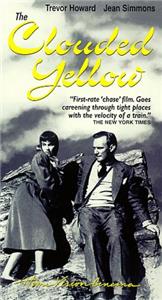
When Secret Service agent David Somers is fired, he takes a quiet job with the Fentons at their country estate - cataloging butterflies, hence the title insect. David grows fond of Jess Fenton's niece, a fragile, fey young woman named Sophie. Because he hates traps of any kind, he reacts quickly when Sophie is framed for the murder of Hick, the nasty handyman. He helps her escape London by using his agent's skills and a network of old friends. The pair lead the police and David's ex-employers an exciting chase, from Newcastle to the Lake District to Liverpool. As the fugitives try to catch a ship for France, everyone, including the murderer, join in the finale.
| Complete credited cast: | |||
| Jean Simmons | - | Sophie Malraux | |
| Trevor Howard | - | Maj. David Somers | |
| Sonia Dresdel | - | Jess Fenton | |
| Barry Jones | - | Nicholas Fenton | |
| Kenneth More | - | Willy Shepley | |
| Geoffrey Keen | - | Police Inspector | |
| André Morell | - | Secret Service Chief Chubb (as Andre Morell) | |
| Michael Brennan | - | Superintendent Ross | |
| Gerard Heinz | - | Dr. Karl Cesare | |
| Lily Kann | - | Minna Cesare | |
| Eric Pohlmann | - | Greek taxidermist | |
| Richard Wattis | - | Employment Agent | |
| Sandra Dorne | - | Kyra | |
| Maire O'Neill | - | Nora | |
| Maxwell Reed | - | Hick |
Howard arrives back in London on a BOAC Avro Lancastrian (a converted Lancaster bomber) from Sydney via Darwin, Jakarta,Singapore, Calcutta, Karachi, Cairo and Rome. In the Lake District, the tea room Howard and Simmons call at, the Aira Force Tea Room on Ullswater, is still there. The helicopter chasing Howard and Simmons in the Lake District is a Sikorski R-4, known as the Hoverfly when flown by the RAF and Royal Navy. In Liverpool there are some shots of the Anglican cathedral, started in 1904 but not completed until 1978. There is a decent shot of the long defunct Liverpool Overhead Railway, and in the docks, a Mersey Docks & Harbour Board saddle tank shunting engine.
A Newcastle trolley bus with an orange top, which was the corporation's colour, was repainted yellow to tie in with the film title despite the film being in black and white.


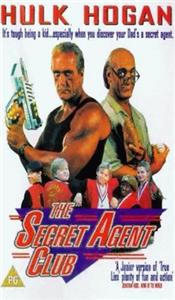
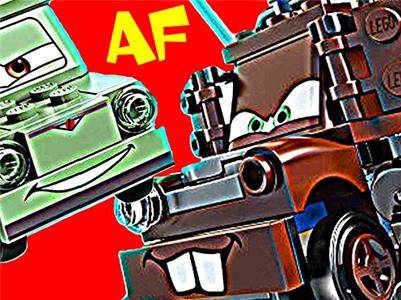
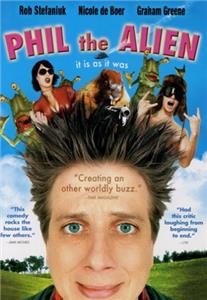
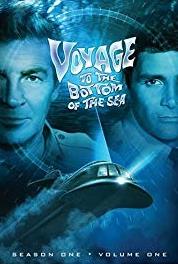
User reviews